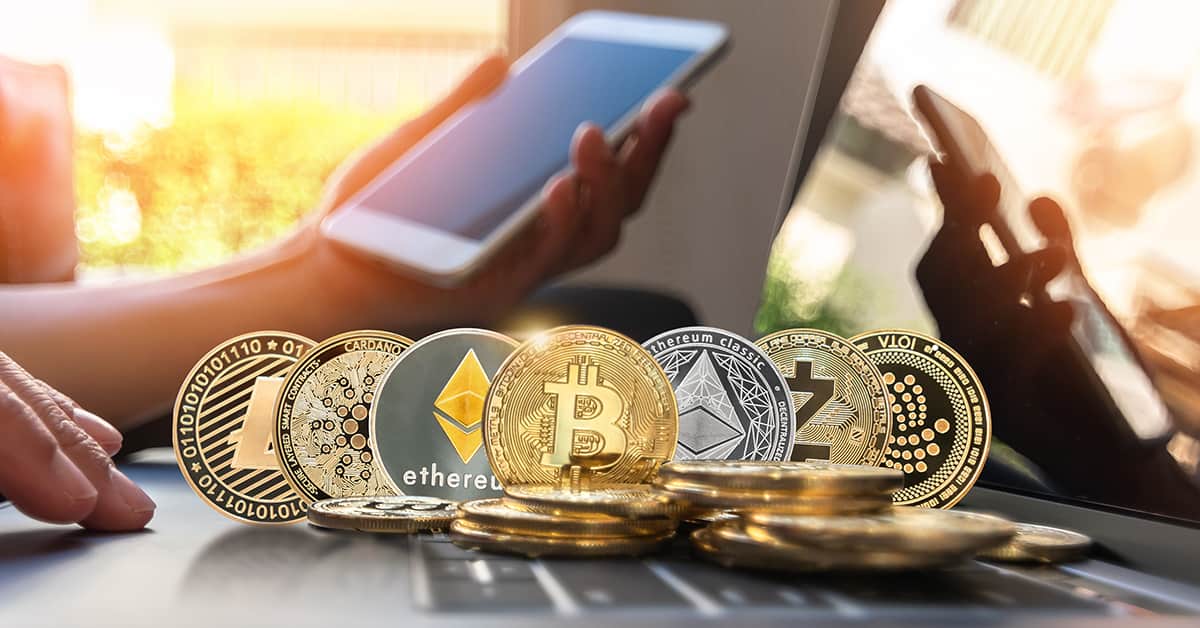European sports teams are turning to cryptocurrencies to boost fan engagement and revenue.

With Europe’s biggest football clubs losing an estimated €5 billion ($5.9 billion) in operating revenue (excluding transfer impacts) over the past year, according to KPMG, many clubs are turning to cryptocurrencies to shore up fan engagement and revenue.
In August, Paris St Germain (PSG), which recorded a €125.8 million net loss in 2019/2020, according to KPMG’s Football Benchmark, announced that Argentinian footballer Lionel Messi received “a large number” of the club’s $PSG fan crypto tokens as part of his signing bonus.
Describing it as a world first for such a high-profile signing, Malta-based blockchain firm Chiliz, which created the $PSG token, said trading volumes of the crypto token exceeded $1.2 billion in the days preceding Messi’s move to the club from Barcelona FC. At one point, $PSG’s price reached a record $61.53. As of August 20, the $PSG fan token had a market cap of more than $106 million.
The idea behind these crypto tokens is to boost fans’ engagement with clubs by giving them access to perks such as leaving a motivational message on a player’s dressing-room wall before a key match. Perks are accessed via influence and rewards apps like Socios.com, which is owned by Chiliz. Unlike NFTs, or nonfungible tokens, crypto fan tokens are “fungible,” which means they can be exchanged for things like sporting merchandise.
Jamie Burke, founder and CEO of Outlier Ventures and an early investor in NFTs and consumer crypto projects, says fan crypto tokens typically have low levels of liquidity, which can make them difficult to sell. He says their use by PSG is more promotional and experimental in terms of Messi’s contract with the club. “Crypto fan tokens are unlikely to generate enough income to offset football clubs’ losses,” he says. However, he believes NFTs could become a major source of revenue for sporting clubs, as it gives them the chance to make money from digital merchandizing. “Clubs could create avatars or trading cards of their favorite players, which is more tangible than a club having its own digital currency. If a player performs well, the card will be worth more.”



